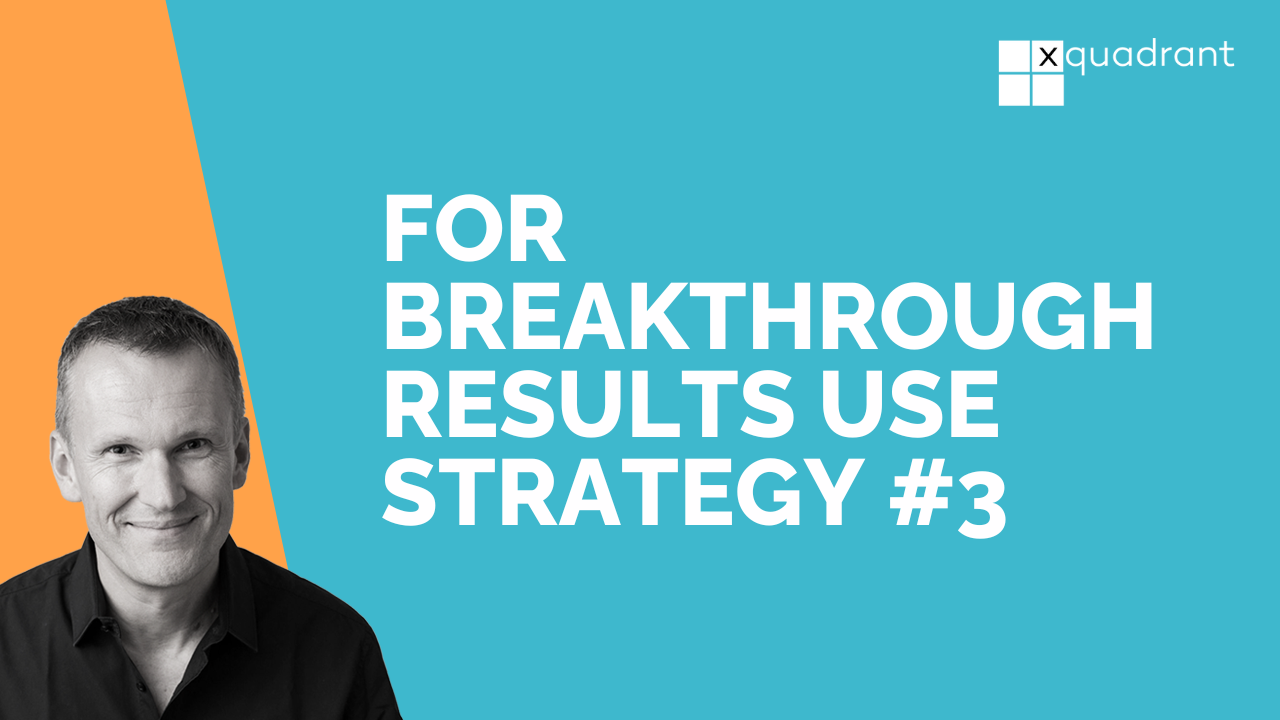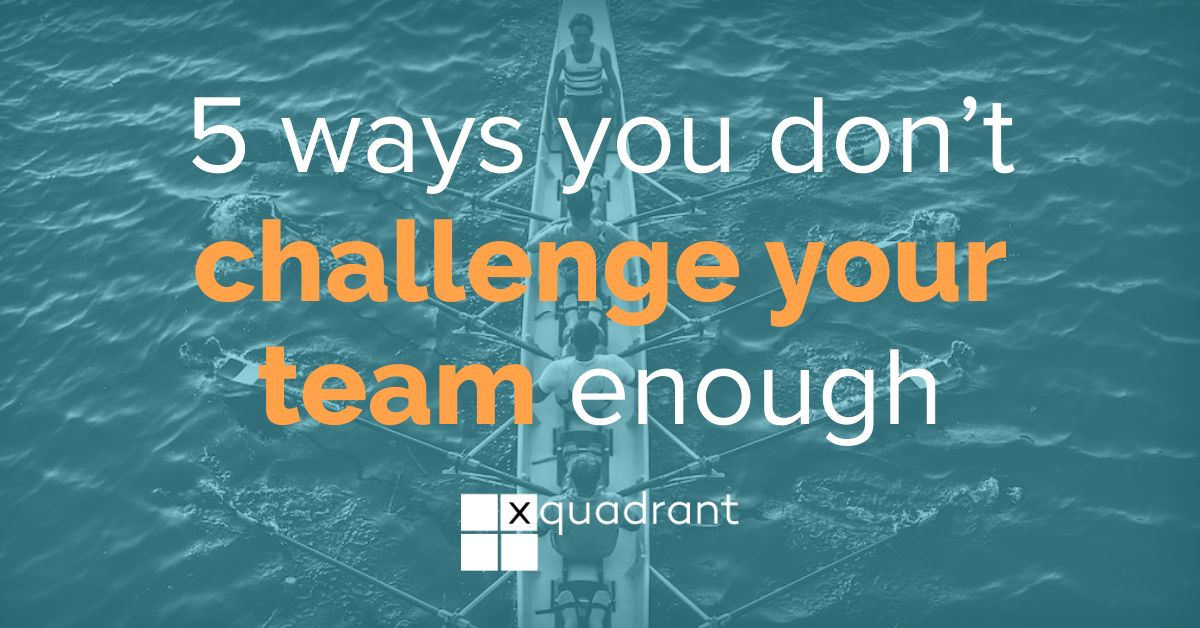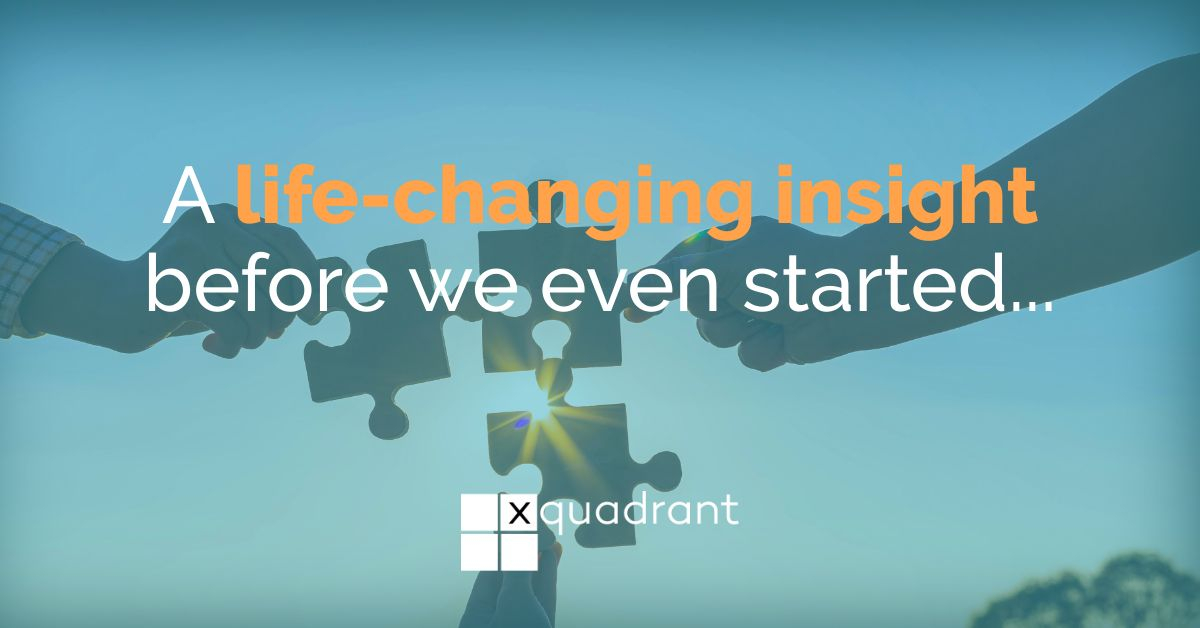Q. Why do people scramble to answer the telephone?
A. Because their grandparents did.
Human behaviour always lags technology evolution. When our grandparents installed their home phones, a phone call was a very expensive form of communication, reserved for the weekly catch-up with distant relatives or for urgent and important notifications. So when the phone rang, you raced to answer it. It was important.
Contrast that with today. A phone call is practically free. If my experience is anything to go by, a call on the home phone (yes, still got one of those - giving away my age here!) is more likely to be a fortune-teller or independent financial advisor advertising their services than an important message from a friend.
The point is this: humans change their behaviour far more slowly than technology.
But this creates unintentional negative effects. Jumping up to answer the phone used to be important, even at meal times. Now, it’s probably more likely just to disrupt the flow of conversation and family connection.
I observe the same effect in the business world. Many people are “managing people like their grandfather did” in a digital world where the context has radically changed.
Digital leaders - those who thrive in the digital age - need to act very differently to get results in this new context.
There are at least five mega-trends at work here. Here are three of them, which will be enough for this short article.
More...
1. Permanent context-blurring
People used to live and work in simple, well-defined contexts. The meeting; the restaurant; the office; the commute; the family meal; the bed. These contexts conveyed specific limitations and shared expectations around appropriate behaviour.
But now: ping, buzz. You, your colleagues and your external stakeholders are in a state of permanent distraction and a blurring of contexts, with notifications from both home and work contexts coming in 24/7.
You see it in the boss whose eyes never leave his iPhone during your presentation; your colleague who checks Facebook during your lunch together; your team-mate who provides immediate answers to work-related emails at midnight. And perhaps you’re self-aware to see it in the mirror too.
Whilst 24/7 connectivity might increase productivity, in reality it creates a persistent baseline of distraction and noise that means that we struggle to be truly present when the situation demands it, and truly productivity when the situation demands that.
Context-blurring: questions for reflection
- How do you get through to permanently distracted people?
- How do you create the mental space to deliver your best work?
- How can you maintain a healthy work/life balance and move from “permanent grind” to “living and playing in your genius zone”?
2. Information overload
You feel it as you crash into bed at the end of the day, mentally exhausted from the intensity and sheer volume of issues you’ve had to process.
You notice it as someone gives you some advice, and you nod and shrug. “Heard that before”.
You experience it when you buy a book, download a resource, or save an article to read later… and never get round to consuming the content. Or when you get back from a training course and never get round to implementing the ideas.
We - and people we deal with - are drowning in information. And yet that information hasn’t transformed us. Instead, 99% of it is sitting there, briefly dabbled-with at best and probably never truly applied. So as adults we’ve largely become rather cynical know-it-alls. Hence the ‘nod and shrug’ reaction: “I knew that already”.
Information overload: questions for reflection
- How do you cut through the noise and get your message through to those you need to lead and influence?
- How can you consume less and actually implement more?
3. Complex ecosystems
Digital technology has made business both faster and more complex than ever. The most important projects are now cross-functional and effective collaboration now needs to include external partners, suppliers and customers. In other words, no Business unit is an island.
Previously, it was quite possible to lead with some success relying on positional power in the corporate hierarchy. Raw competence - let’s call that IQ - was often enough.
Now, success is hugely dependent on influencing across internal and external organisational boundaries. Putting it simply, EQ - our emotional intelligence - has become dramatically more important.
Complex ecosystems: questions for reflection
- How can you put in place a plan to grow your EQ?
- How can you help your team grow in the soft skills of influence?
Here are 3 #digital trends that require radically different #leadership skills. Are you ready?
Going deeper
So we’ve seen three ways in which the leadership context has changed:
- Simple contexts have become permanently blurred with constant distractions from all parts of work and life.
- We, and the people we work with, are increasingly reluctant to truly absorb and apply new information, preferring instead to skim for the next new idea that can give us a quick buzz
- We all operate vastly more complex and fluid ecosystems where cross-functional, cross-organisational influence is way more important than it used to be.
The question then becomes - how can we lead and influence in this new context and get the best out of the people we work with?



